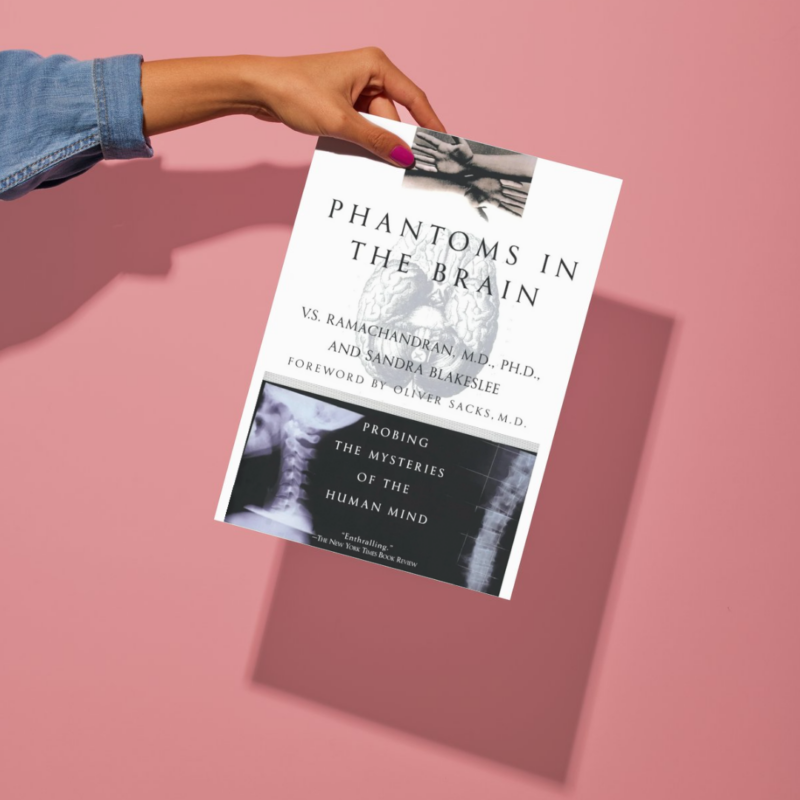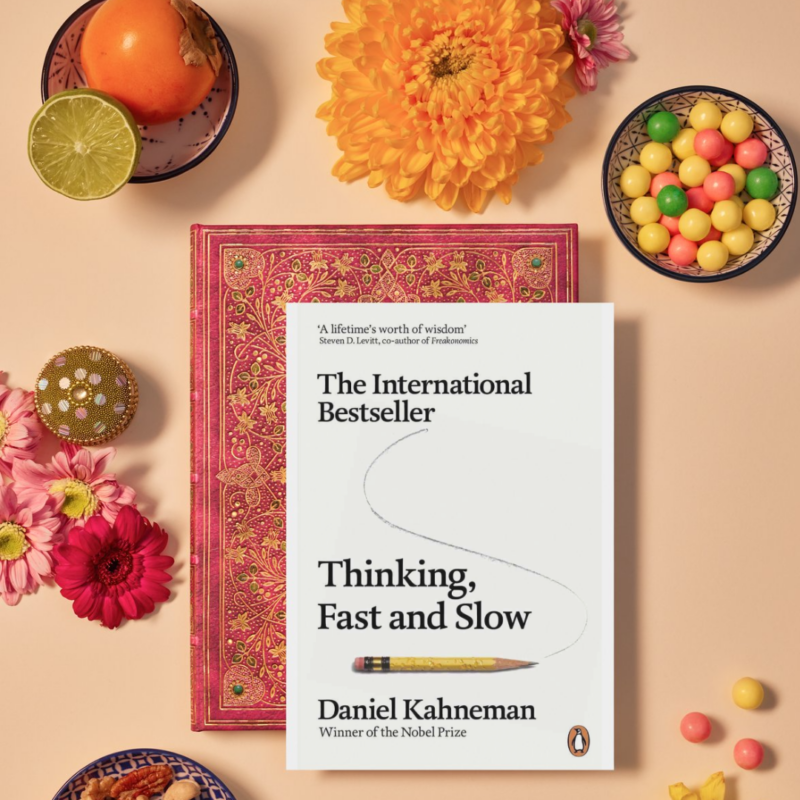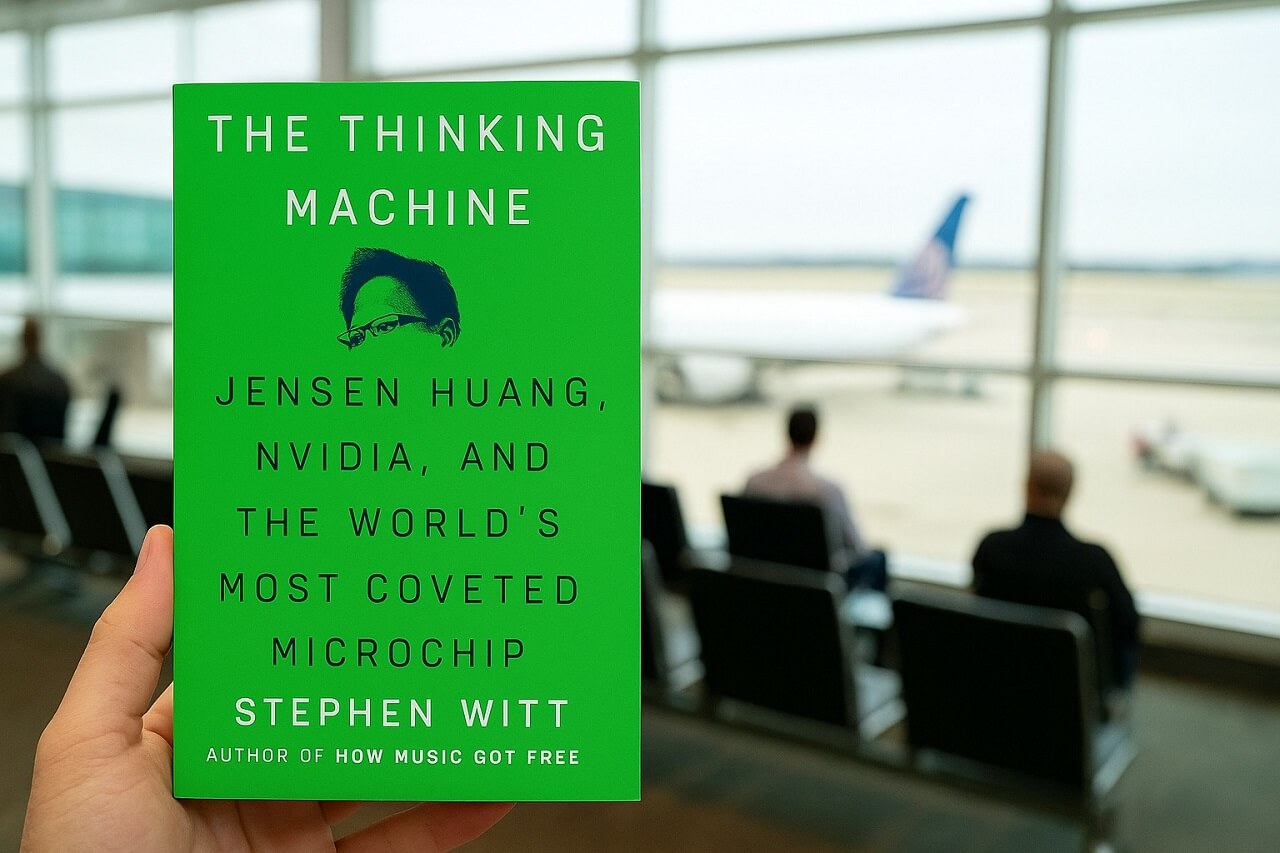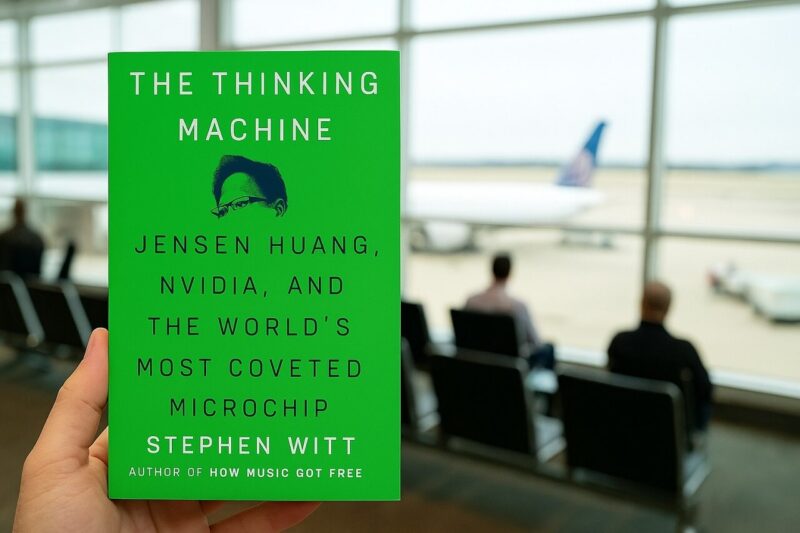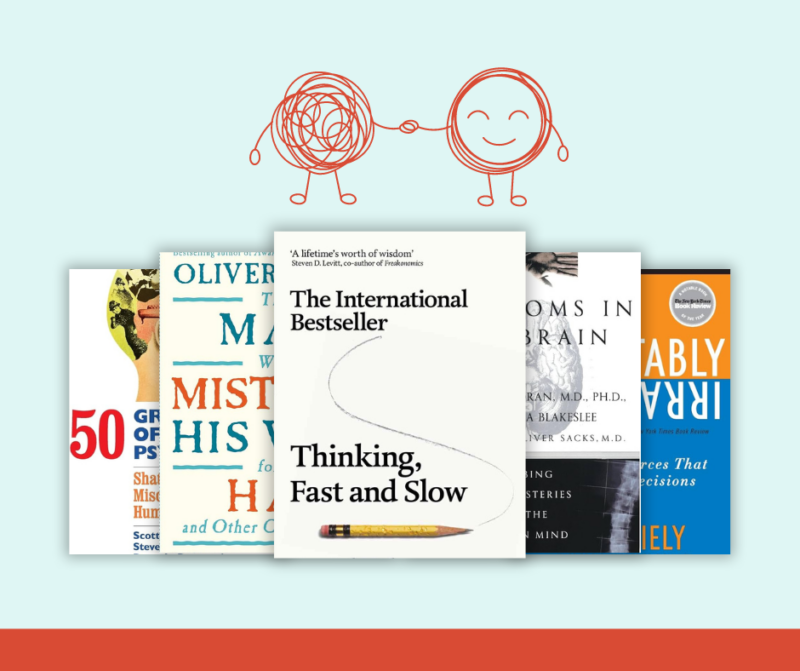
Share Post:
Classic psychology books offer fascinating insights into the human mind, exploring how we think, feel, and act. For students, enthusiasts, or anyone curious about psychology, these books provide valuable knowledge. Not only do they cover complex topics in an understandable way, but they also reveal the mysteries of our behavior.
From understanding why we make irrational choices to exploring strange neurological conditions, these books are a must-read. Many of these classics are affordable and widely available from major publishers like Penguin, HarperCollins, and W.W. Norton & Company.
Table of Contents
Toggle6. The Man Who Mistook His Wife for a Hat
- Cost: Approximately $12-$16
- Publisher: Simon & Schuster
- For: Students, general readers interested in neurology and unusual psychological conditions.
Oliver Sacks‘s “The Man Who Mistook His Wife for a Hat” is a captivating collection of clinical tales.
Sacks presents unique neurological disorders, such as visual agnosia, where a man could not recognize his wife and mistook her for a hat. The book showcases the complexity of the human brain and highlights how our perceptions can be drastically altered by neurological conditions.
His engaging narrative style makes this book an accessible introduction to the field of neuropsychology.
Every act of perception, is to some degree an act of creation, and every act of memory is to some degree an act of imagination. If a man has lost a leg or an eye, he knows he has lost a leg or an eye; but if he has lost a self—himself—he cannot know it, because he is no longer there to know it. – Oliver Sacks.
5. The Psychopath Test
- Cost: Around $10-$15
- Publisher: Riverhead Books (Penguin Group)
- For: High school and college students, true crime enthusiasts, readers curious about psychopathy and mental health.
Jon Ronson’s “The Psychopath Test” explores the concept of psychopathy, questioning whether it is prevalent among high-ranking professionals. Ronson delves into the minds of diagnosed psychopaths and the experts who study them.
The book examines the controversial Psychopath Test developed by Bob Hare, offering readers an intriguing look at how psychopathy is diagnosed and its implications in society. Ronson’s investigative approach provides a thought-provoking read on the complexities of mental health.
There is no evidence that we’ve been placed on this planet to be especially happy or especially normal. And in fact our unhappiness and our strangeness, our anxieties and compulsions, those least fashionable aspects of our personalities, are quite often what lead us to do rather interesting things. – Jon Ronson
4. Phantoms in the Brain
- Cost: Approximately $15-$20
- Publisher: Harper Perennial
- For: Students, general readers, and anyone interested in neuroscience and brain disorders.
“Phantoms in the Brain” by V.S. Ramachandran and Sandra Blakeslee investigates various neurological phenomena, including phantom limb syndrome. This condition, where amputees feel sensations in their missing limbs, challenges our understanding of sensory perception.
The authors explain the brain’s role in creating these sensations and explore other fascinating cases. This book offers valuable insights into how the brain interprets and misinterprets sensory information, making it a must-read for anyone interested in neuroscience.
“We are not angels, we are merely sophisticated apes. Yet we feel like angels trapped inside the bodies of beasts, craving transcendence and all the time trying to spread our wings and fly off, and it’s really a very odd predicament to be in, if you think about it.” – V.S. Ramachandran
3. 50 Great Myths of Popular Psychology
- Cost: Roughly $15-$20
- Publisher: Wiley-Blackwell
- For: Psychology students, critical thinkers, and general readers wanting to debunk common misconceptions.
“50 Great Myths of Popular Psychology” by Scott O. Lilienfeld, Steven Jay Lynn, John Ruscio, and Barry Beyerstein debunks common misconceptions about human behavior.
The authors challenge widely held beliefs, such as the idea that people use only 10% of their brains. The book encourages critical thinking and skepticism, urging readers to question popular psychology claims. This work is essential for understanding the difference between scientifically supported facts and widely accepted myths.
“The fact that we’ve heard a claim repeated over and over again doesn’t make it correct. But it can lead us to accept this claim as correct even when it’s not, because we can confuse a statement’s familiarity with its accuracy.” – Scott O. Lilienfeld
2. Thinking, Fast and Slow
- Cost: Typically $12-$18
- Publisher: Farrar, Straus and Giroux
- For: College students, psychology enthusiasts, and anyone interested in cognitive psychology and decision-making.
In “Thinking, Fast and Slow,” Daniel Kahneman explores two systems of thought: System 1, which is fast and intuitive, and System 2, which is slow and deliberate. Kahneman examines how these systems influence our decision-making processes and how cognitive biases can lead us astray.
The book provides a comprehensive overview of cognitive psychology, highlighting the ways in which our thinking can be both rational and irrational. Kahneman’s insights are invaluable for understanding human behavior and improving decision-making skills.
“The world makes much less sense than you think. The coherence comes mostly from the way your mind works. You are more likely to learn something by finding surprises in your own behavior than by hearing surprising facts about people in general” – Daniel Kahneman.
1. Predictably Irrational
- Cost: Around $10-$16
- Publisher: Harper Perennial
- For: High school and college students, readers interested in behavioral economics and psychology.
Dan Ariely’s “Predictably Irrational” challenges the notion that humans are rational decision-makers. Ariely argues that our choices are often influenced by irrational factors, such as emotions and social norms. The book explores various scenarios where people make seemingly illogical decisions, offering explanations for these behaviors. Ariely’s engaging writing style and real-life examples make this book a compelling read for anyone interested in behavioral economics and psychology.
“Individuals are honest only to the extent that suits them (including their desire to please others and be liked) and when it suits them.” “We are far less rational in our decision-making than standard economic theory assumes.” – Dan Ariely
Conclusion
Reading classic psychology books is an excellent way to learn about human behavior and the brain. They are not only informative but also engaging, offering real-world examples and intriguing case studies, like novels. These books are perfect for students, psychology enthusiasts, and anyone who wants to understand more about the human mind.
A similar thing can be said about leadership books.
Available from well-known publishers and usually priced between $10 and $20, they are a great investment in your education. Whether you’re preparing for a psychology course or just want to explore the subject, these books provide essential insights that will stay with you.
Related Posts:




